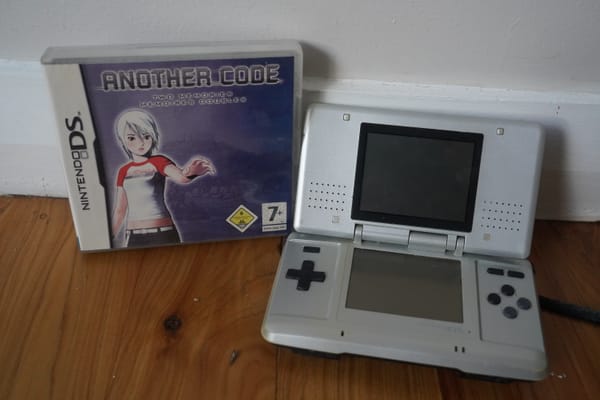Trinest Talks: Vector

With robotics company Anki closing this week, what better time to review one of my random purchases of 2018- the Vector smart assistant robot. While a company like Anki going from the top of the world with its previous robotics such as Cosmo, to letting go almost 200 staff members not long after the launch of the Vector is news worthy. This piece isn’t about that, no it is about how smart assistants have yet to reach a point of usability, practicality and most importantly desirability over tradition methods to obtain methods.
We can all admit the most useful feature smart assistants seem to have made easier is the adaptation of any smart assistant in the kitchen space for the simple task of making a timer. There are even some adaptations of cookbooks to make recipe making a breeze as well. It seems that the only environment that smart assistants have managed to make life easier is environments which hands or space are limited.
It is these simple short commands which smart assistants have excelled at and often have good integration. However, anything more complicated and colloquial just seems lost in translation. Often times when using voice assistants in say a car to do commands like replying to a text or finding a song on Spotify end up like The Simpsons gag where we are “eat up martha” instead of beating up martin, something which is quite frustrating and shows the limits of the technology even years after the introduction of voice assistants.
Other uses such as using smart assistants on the phone to do the same commands or using them on a smart watch or even a device like a Google Home just seemed like nice little tech demos. On a successful attempt to get information from the assistant, it is more a “oh that’s nice” reaction. It is in part to the fact these assistants often have trouble with colloquial speech or context behind answers, resulting in exact commands still requiring to be the trigger. There are steps from the major players to improve this, but at the same time the market is fragmenting with everyone having voice assistant these days.
When it comes to Vector, with the ambition of Anki having that it is the first step to have homes move to having some form of smart robot as the core premise, this also seemed to ambitious to be true.
Which in the end like other smart assistants, there just didn’t seem to be the use case for it. I found Vector to be sitting flat on my desk under a pile of paper, usbs, mail and other crap accumulated over the months since purchasing it. There just never seemed a proper place to put it out of the way and have it constantly charged. While Vector would be a fun little robot out of the way and returning to the charge base when it needed charge and a more active personal approach to a smart assistant, it just ended up been another thing to be hidden away after using it. Just like the smart assistants on the phone or car or even the Google Home sitting in the kitchen shelf, it was a fun little tech demo while it lasted but never anything practical.

While now I use the Vector more like a fidget spinner for the modern age, poking and prodding and the various gears instead of using it as a voice assistant, there is a certain charm and direction that Vector was heading in which ideally would have been a benefit to how the technology integrates into human lives.
Of course, if Vector was turned on he would have been mad at how I was treating him, he had that certain personality that was on the start to humanise robotics. Mechanically the way Vector twitched and moved certainly was on a new level compared to a static device. Despite not finding a place for Vector, I could see a potential future use case which a Vector like device could be located on a coffee table, or other communal area in a way that the device would become the centre of attention. The problem is however is Vector is a concept to early for its time, it is like experiencing VR in the 90s in terms of the many years behind the technology is. Most importantly it is also behind from a consumer perspective, voice assistants are slowly teaching humans to talk to a smart assistant, but the problem lies in the personality of the assistants and how we are still in the uncanny valley and will be for a long time with this technology. At a certain point however, there will be a time where an upcoming generation will grow up in a family with a robot in the home that can be engaged on a more personal level.
Adults see robotics as assistants or computing devices, a child would want a robot which would be able to engage with them both from an education level and a creative level. It is when a device has the personality to do both, and robots are more of a common place in our home that we will appreciate the devices more. Until then we are on the bumpy path of robotics which don’t connect with us and we are unable to connect back on spiritual level.
Ultimately Anki paved the way towards this path with Vector, despite my complaints on it not been able to integrate with my environment. The device was receiving countless updates to the phone application and itself which enhanced what the base Vector could do without enabling Alexa over the top of Vector. It was on par with a tick a box on what it could do however, with it doing the usual things such as weather, sport, jokes, random facts. However, it also had fun things such as games, blackjack was my personal favourite. There were even silly little things like commands for happy new year which displayed fireworks on Vectors display.
These things made the time I did spend with Vector worth it, and the build quality was also good. So I’m not overly disappointed with the device, just the simple realisation that neither me, or you are ready for a robot. The technology as well is simply just not ready either.





